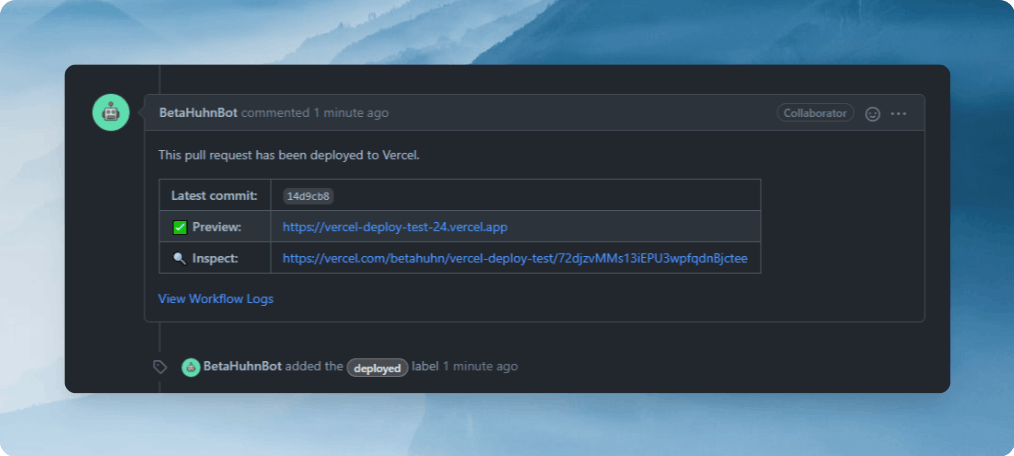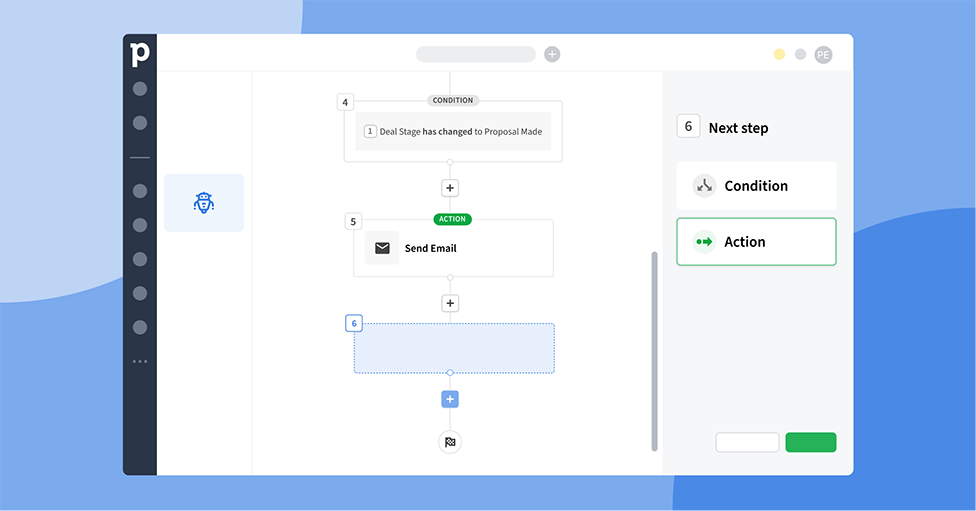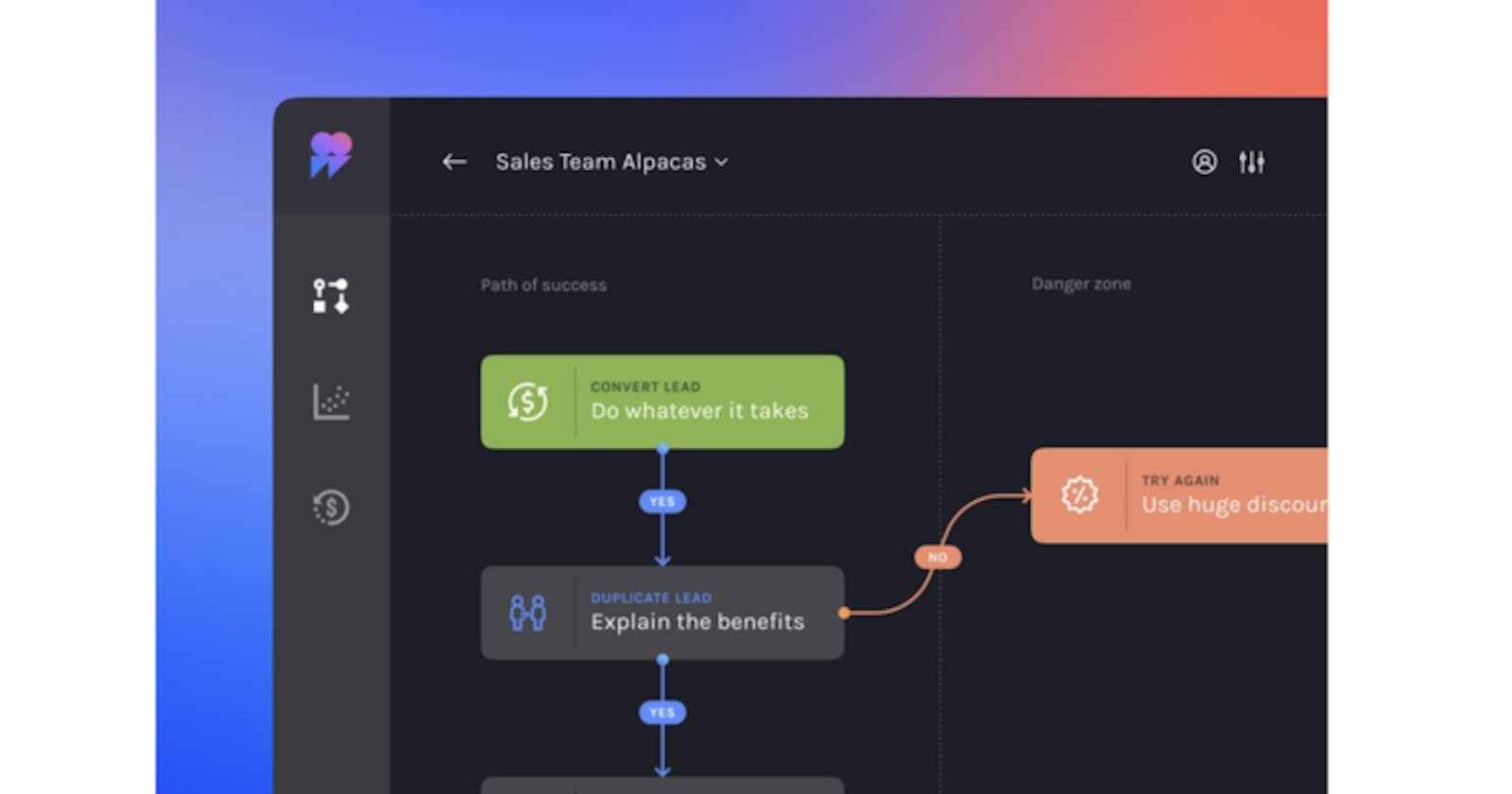Stop Wasting Time and Start Streamlining: The Essential Automations for Early-Stage Startups
As an entrepreneur, I know firsthand that running a startup can be a daunting task, especially in the early stages. One of the most significant challenges is managing time and resources effectively.
Fortunately, automation has become a game-changer for startups, providing them with a way to streamline processes and increase efficiency.
In this article, I will discuss the benefits of automation for early-stage startups and provide a guide on the essential automation to implement.

Based on the priority matrix it should be done next.
Types of Automation Tools for Startups
The 4 best categories that are most useful to startups are:
NoCode tools
Development automation
Customer support automation
Marketing automation
NoCode tools are designed to help entrepreneurs build websites, apps, and other software without writing code. They are perfect for early-stage startups that do not have a development team. Examples of NoCode tools include Webflow, Bubble, and Zapier.
Development automation tools, on the other hand, are designed to streamline the development process. They include tools such as GitHub, Snyk, Sentry and Vercel.
Customer support automation tools are designed to help entrepreneurs manage customer inquiries and support. Examples of customer support automation tools include Intercom, Freshdesk, and Zendesk.
Finally, marketing automation tools are designed to help entrepreneurs automate marketing processes such as email campaigns, social media, and lead generation. Examples of marketing automation tools include HubSpot, Pipedrive, and Intuit Mailchimp.
Essential Automation for Early-Stage Startups
Now that you know the types of automation tools available and how to identify the right tools for your startup, it's time to discuss the essential automation for early-stage startups.
🛠️ NoCode Tools
NoCode tools are essential for early-stage startups that do not have a development team. These tools allow entrepreneurs to build websites, apps, and other software without writing code. This saves time and resources and allows entrepreneurs to focus on other areas of their business. Some of my favorite NoCode tools for early-stage startups include:
Webflow - a website builder that allows entrepreneurs to create custom websites without writing code.
Bubble - a platform that allows entrepreneurs to create web and mobile apps without writing code.
Make - a tool that allows entrepreneurs to automate tasks and workflows between different apps.
monday.com/ Airtable - Automate workflows with an excel sheet on steroids

My Fav workflow automation tool ( Make.com ) can sometimes span as big as 30 apps.
💻 Development Automation
GitHub Actions - Allows users to automate tasks and workflows within their repositories, such as building and testing code, deploying applications, and more. The best part you never need to leave your development environment.
Vercel Deployments - Takes care of development previews and back and forth during the iterations cycle. It can automatically generate preview links for pull requests and different branches
Sentry (sentry.io) and UptimeRobot - Sentry is an open-source error tracking tool that helps developers detect and fix errors in their applications, while Uptime Bot is a service that monitors websites and notifies their owners if they go down.

Vercel automatically generates unique links for each PR. Absolute ❤️
💁🏻 Customer Support Automation
Customer support automation tools are essential for managing customer inquiries and support. They allow entrepreneurs to automate tasks such as ticket management, chatbots, and customer feedback. Some essential customer support automation tools for early-stage startups include:
Intercom - a messaging platform that allows entrepreneurs to communicate with their customers through a variety of channels.
Freshdesk - a customer support software that allows entrepreneurs to manage customer inquiries and support.
Zendesk - a customer support software that allows entrepreneurs to manage customer inquiries and support.

Intercom Automation Builder can accelerate customer support resolution with small teams.
🔈Sales & Marketing Automation
Marketing automation tools are essential for automating marketing processes such as email campaigns, social media, and lead generation. They allow entrepreneurs to automate tasks such as lead nurturing, email marketing, and social media management. Some essential marketing automation tools for early-stage startups include:
HubSpot - a marketing, sales, and customer service software that allows entrepreneurs to manage their entire sales funnel.
Pipedrive - a CRM automation software that allows entrepreneurs to manage and closed leads more efficiently.
Intuit Mailchimp - an email marketing software that allows entrepreneurs to send newsletters, automated campaigns, and personalized messages.

Pipedrive Automation Builder can help you build complex deal flows.
Common Mistakes to Avoid When Automating Your Startup
While automation can be a game-changer for startups, there are some common mistakes to avoid. Firstly, do not automate everything. Some tasks are better performed manually, and automating them can lead to errors. Secondly, do not automate without a plan. Before implementing automation, it's essential to have a clear plan and strategy in place. Finally, do not rely too heavily on automation. It's important to maintain a balance between automation and human intervention.
Conclusion
In conclusion, automation is essential for early-stage startups looking to streamline processes and increase efficiency. By identifying the right automation tools and implementing essential automation, startups can save time and resources and focus on more important tasks such as product development, marketing, and customer service. By avoiding common mistakes and keeping up with future trends, startups can stay ahead of the curve and succeed in the long run.

